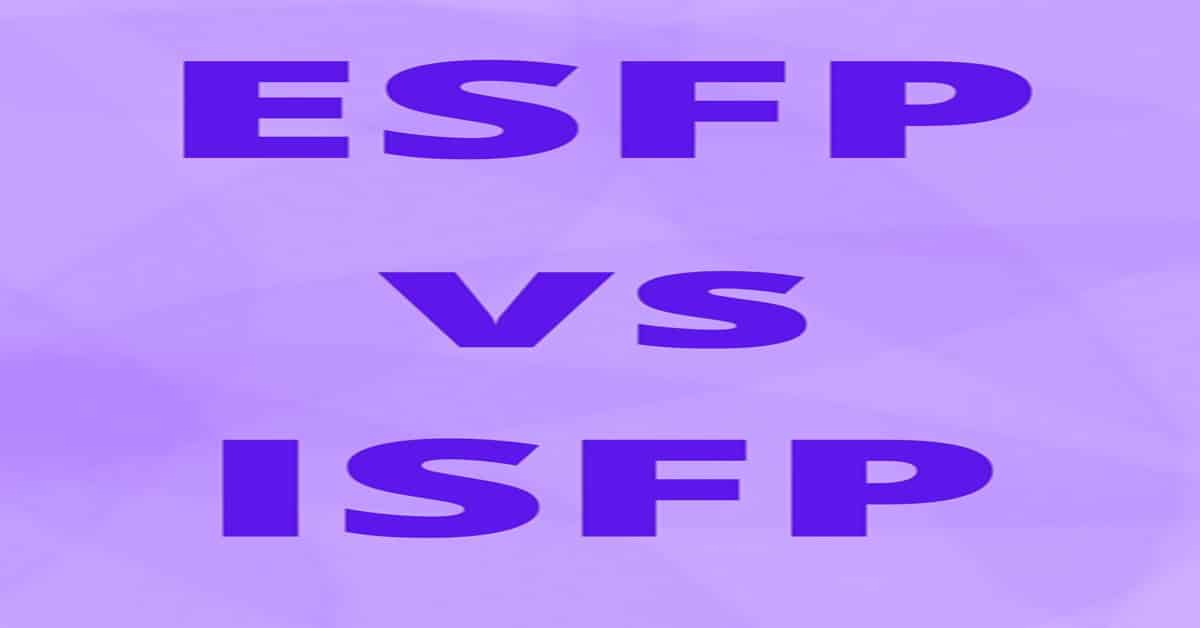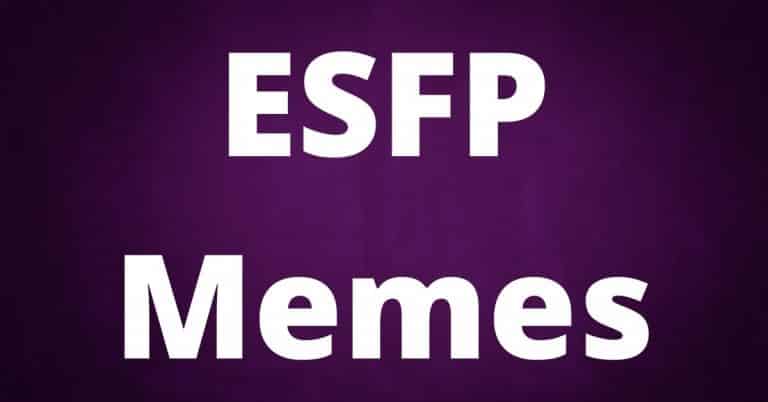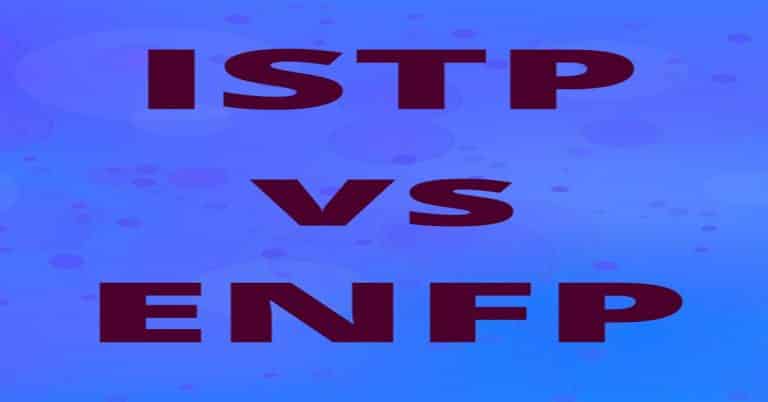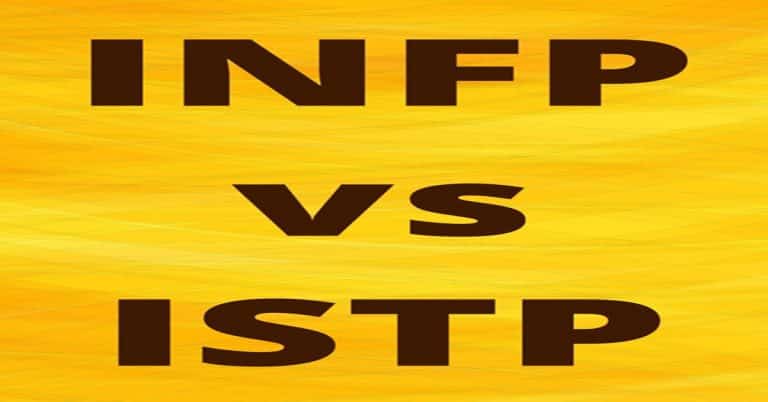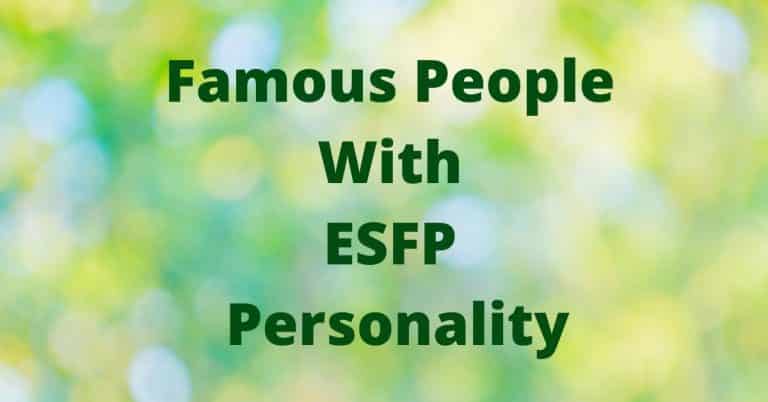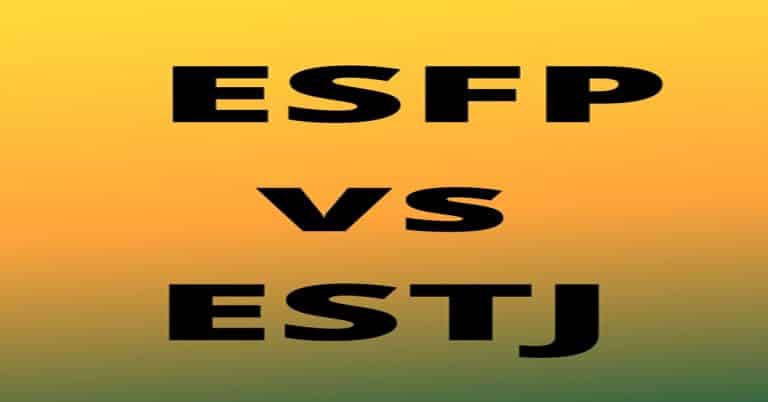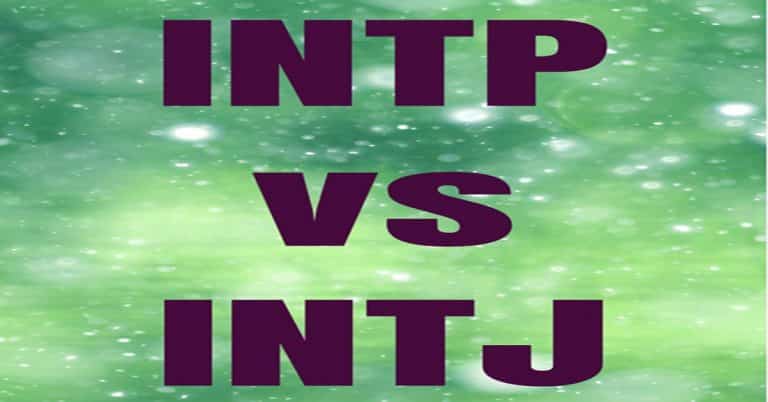ESFP vs ISFP
When it comes to comparing people according to Myers-Briggs personality inventory, people usually choose those types that share at least two personality traits. However, sometimes even three traits can’t be enough for two personalities to get along perfectly. Especially, extroverts and introverts find it hard to understand each other’s values and establish a great relationship. The same happens with ESFP and ISFP.
These two personality types are focused on feelings but are down-to-earth people who pay attention to physical reality as well. They enjoy flexibility and impulsivity and feel empathetic towards others. The main difference between them is indeed objectivity – ISFPs usually have a much wider inner world, while ESFPs live in the present, concentrating on reality. Let’s compare ESFP vs ISFP and see whether they can be a great match in romantic relationships.
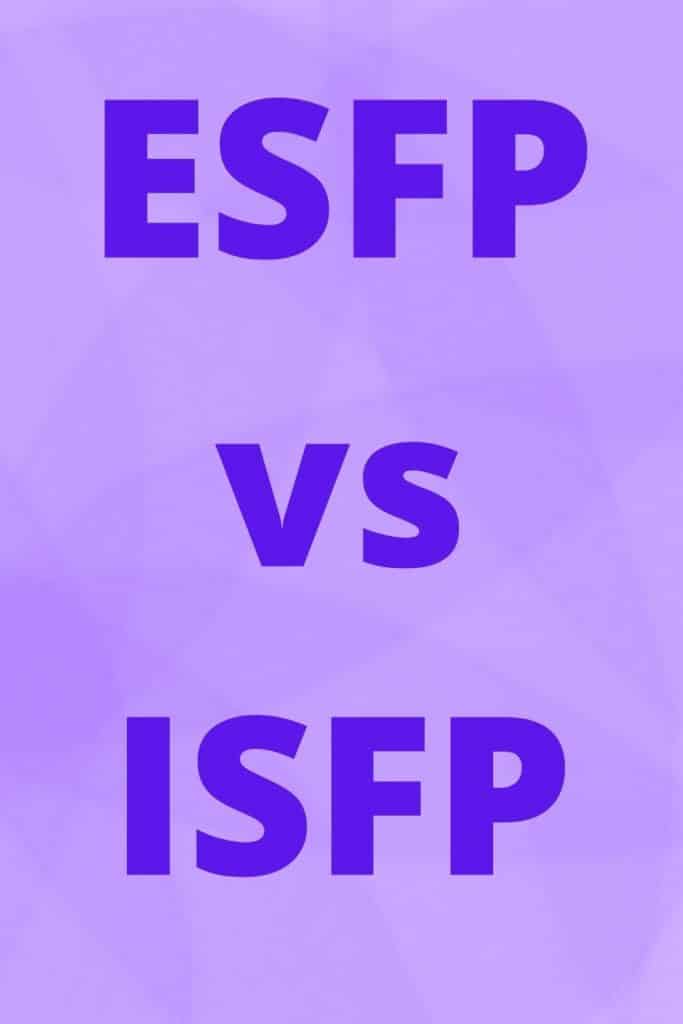
ESFP – A Brief Review
ESFP or the Entertainer is an impulsive, outgoing person who adores being at the center of attention. People of this personality type can’t imagine a day without socializing as it fills them with energy. ESFPs are realistic people who hate theoretical discussions and believe that real-life experience can be enough for learning new things. They always stand out in situations where communication is necessary.
These practical people usually focus on the present and prefer to set clear goals at the given moment, instead of worrying about the future. However, they also try to pay attention to long-term consequences. Due to their impulsivity, ESFPs often behave impulsively, without considering what will happen next. They enjoy new experiences and dislike traditions.
ESFPs are people of Extraverted, Sensing, Feeling, and Perceiving personality traits. About 4-10% of the population are ESFPs.
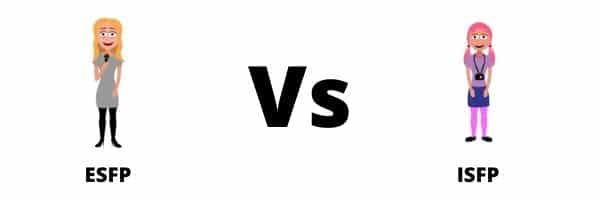
ISFP – A Brief Review
ISFP or the Artist is an extremely creative personality type who is often described as quiet and peaceful people. They are afraid of making decisions and as a result, they wait for a long time to let things change so that they can avoid making unwanted decisions. ISFPs are very friendly and kind people who take care of others and try to help them. Besides, they are introverted, meaning that they prefer staying indoors and need some time alone to think about the meaning of life.
ISFPs focus on details and dislike abstract information and theoretical concepts. They are empathetic towards others and accept people as they are because they value sincerity. They have a hands-on approach and are practical people which is why they can easily achieve goals. They prefer to behave and receive actual experience instead of dreaming about abstract things.
ISFPs are people of Introverted, Sensing, Feeling, and Perceiving personality traits. About 5-10% of the population are ISFPs.
ESFP & ISFP – Compatibility in Relationships
ESFP and ISFP are too much alike and paradoxically, as personality experts believe, that’s why they can’t be a great match in romantic relationships. Both of these personality types are very independent, a little bit selfish, and practical. However, they are looking for something new in relationships, and therefore, dating someone like them is not a great choice for neither ESFPs nor ISFPs.
However, they can perfectly understand each other in different kinds of relationships. ESFPs are likely to encourage and support ISFPs. On the other hand, since ISFPs value sincerity, chances are high that they’ll be ESFPs due to their trustworthiness.
Despite all of this, some people think that differences between ESFP vs ISFP can be neglected and these two personalities are intended to be together and naturally suit one another. Although we stated the opposite above, they can actually be a great match for short-term relationships. But too much similarity will probably make both of them exhausted after some time because they are constantly looking for new experiences.
Differences Between ESFP vs ISFP
Even though ESFP and ISFP are pretty much alike, they have plenty of differences as well especially in leadership and romantic attitudes. The key difference between them is that ISFPs are rather detached from reality. They are more focused on their inner world and spend a lot of time daydreaming. Unlike this, ESFPs are down-to-earth, pragmatic people who objectively assess the information. Still, sometimes they behave impulsively, according to their instincts. Let’s compare their core values between ESFP vs ISFP and see how different they are from each other.
Core Values
- ESFPs value new experiences. They are adventurous people who enjoy taking risks and as a result, sometimes they end up in trouble. However, it doesn’t stop them to make other decisions impulsively as well. They like to be spontaneous in everything work and relationships are no exception. Besides, they value honesty and communicate with people who are sincere to them.
- Freedom is the most important thing for ISFPs. They like independence as much as the sense of individuality in everything they do. They hate when people imitate their behavior and try to be as unique in everything they do, as possible. They don’t follow the old traditions and desire to be completely free to explore the world entirely.
Romantic Attitudes
- ESFPs are funny and entertaining people in romantic relationships as well. They adore their partners naturally and try hard to meet their needs. ESFPs always work hard to keep the relationship alive and healthy. They like to make their partners laugh and see them happy, Therefore, they make great partners either in long-term or short-term relationships but only with the right person who accepts their entertaining nature.
- ISFPs are one of the most romantic and passionate personalities. They can easily fall in love deeply but only if they feel a strong emotional connection with their partner. The fact that they are introvert sometimes make them seem like they are acting shy and as a result, ISFPs are not generally considered as romantic types. The reason is that they don’t fully express their feelings until they are completely open to their partners.
Leadership Style
- As a result of excellent communication skills, ESFPs can be friendly leaders who often attract their teammates with their charisma. They always think about others’ needs and consider their points of view. ESFPs easily notice if someone in the team needs help and give advice without hesitation. Most of the time they are successful as leaders and easily achieve their goals.
- Just like other introverted people, ISFPs prefer not to be leaders and work on their own. However, their creative potential and innovative ideas can be very helpful to the team. ISFPs as leaders are very compassionate. They always listen to people, consider their values and try hard to help them. Since great communication with team members is really important for effective leadership, ISFPs often achieve success but surprisingly, they hate to talk about it and prefer to lead the team quietly.
Conclusion
Now let’s wrap up everything that we discussed in the article and come up to a conclusion. ESFP and ISFP are two personalities that have so much in common. They both value freedom, focus on the future and care about others. Expressing their emotions is something important for both of them. They are mostly compatible in short-term romantic relationships or get along as friends.

